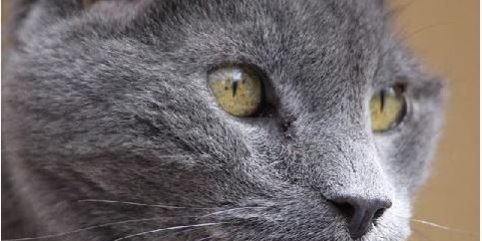If you’ve ever glanced down at your furry best friend and wondered how long this marvelous little creature will be a part of your world, you’re not alone! The bad news: it unfortunately won’t be forever. The good news: domestic cats boast a fairly long lifespan that has only increased in the past 20 years thanks to modern advancements in veterinary care and pet clinics. Felines typically outlive dogs, hamsters, fish, and other common household pets!
Outdoor Cat Lifespan vs. Indoor Cat Lifespan
Outdoor cats who tend to roam around unsupervised generally live to be around 7-years-old. This is due to the various traumas outdoor cats are exposed to, such as dog attacks, motor vehicle accidents, and life-threatening viruses, such as Heartworm Disease and Feline Leukemia. Conversely, the average lifespan of an indoor, spayed, or neutered cat falls to between 14 and 16 years of age, with many even reaching their early 20s.
The title of Oldest Known Cat currently belongs to Creme Puff of Austin, TX, who lived to be an astonishing 38-years-old. Now that’s what you’d call a feline senior citizen!
Keeping Your Cat Young At Heart
There are numerous factors that contribute to a cat’s ageing, several of which remain in your control. Here is how you can help your fluffy companion age gracefully:
- Provide Them With A Healthy Diet
Quality healthy food isn’t just important for us humans – it matters for cats, too! Keep in mind that their bodies are built to process a high protein, low carb diet, and their meals should reflect that. Translation? Vegan meals aren’t adequate and don’t feed them simply dry food or processed treats, either. Mix it up with boneless chicken and beef, as well as fish on occasion.
- Keep A Close Eye On Them
Observation is key! Pay attention to any minor changes in your pet’s behavior or attitude. This could signal a larger issue.
- Don’t Skip Regular Pet Clinic Check-Ups
Always schedule regular pet clinic check-ups, including routine vaccinations – yes, indoor cats need them too.
- Never Underestimate Exercise
A fit cat is a healthy cat!. It’s important to note that because cats are nocturnal, their peak activity time tends to be in the early morning or evening. Pro tip: it’s always useful to squeeze in some play time right before you go to sleep – that way, they’re often worn out and ready for bed when you are!
- Love And Attention Go A Long Way
Cats have a reputation for being aloof and solitary but that couldn’t be farther from the truth! Just like a dog, cats crave affection, so don’t let your little one forget she or he is an integral part of the family, too.






